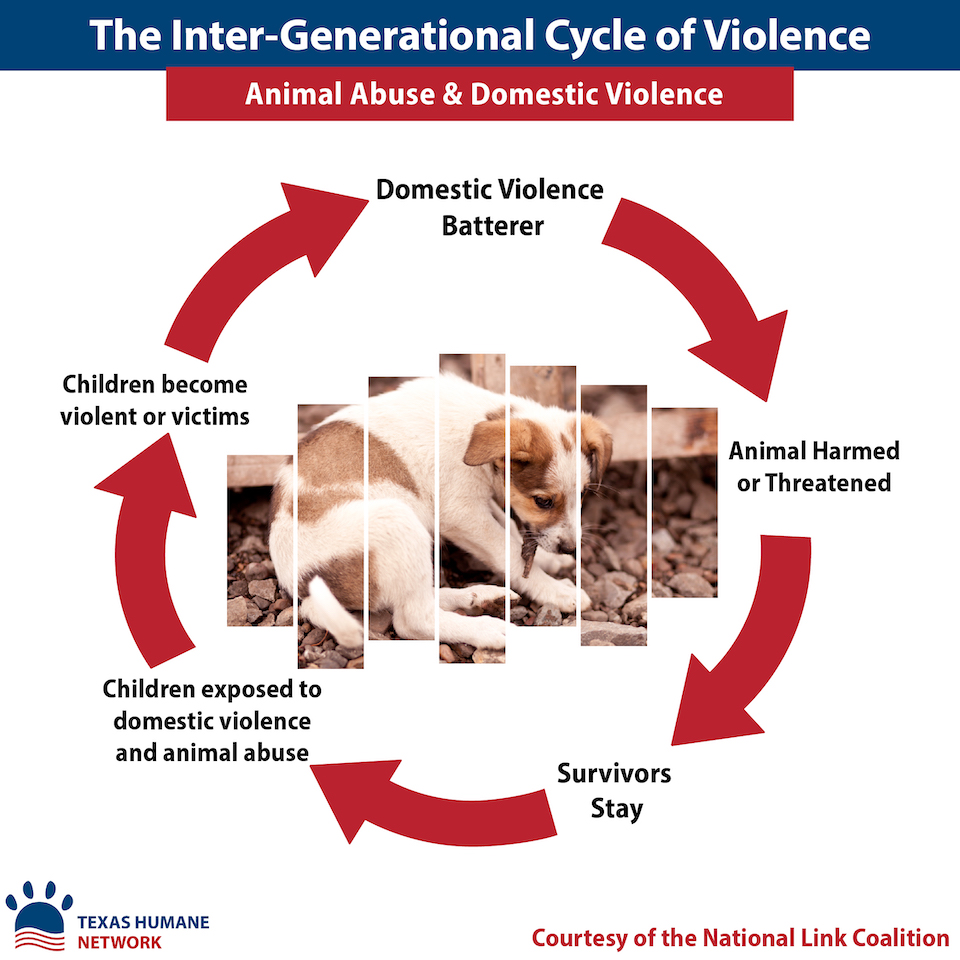Animal abuse, a distressing reality, can take various forms ranging from neglect and physical violence to abandonment and exploitation. Victims of such cruelty often remain silent for years, suffering in isolation. The question arises: can you report animal abuse years later? The unequivocal answer is yes; however, the process can often be complex and contingent on several factors. In this article, we will delve into the nuances of reporting animal cruelty, the implications of delayed reporting, and the mechanisms available for those who choose to voice these long-buried injustices.
Understanding Animal Abuse
Before addressing the intricacies of reporting mechanisms, it is essential to delineate the various manifestations of animal abuse. The spectrum includes physical abuse—manifested through harm or injury to an animal, emotional abuse, such as psychological torment, and neglect, which often involves a failure to provide adequate care, sustenance, or shelter. These categorizations may overlap, complicating the scenario further.
Legal ramifications and definitions of animal abuse can substantially vary by jurisdiction, emphasizing the importance of understanding local laws. In many regions, animal cruelty laws have evolved, reflecting a growing recognition of the sentience of animals and the moral imperative to prevent their suffering. However, this evolution sometimes engenders a disjoint between the public’s perception of animal cruelty and the legal definitions that govern it. Consequently, victims or witnesses of past abuse may grapple with uncertainties regarding the legitimacy of their claims.
What You Need to Know About Reporting Delayed Violence
Reporting animal abuse years later necessitates comprehension of certain critical aspects. Initially, individuals must recognize that timeframes for reporting may differ based on local statutes. In several jurisdictions, there is no statute of limitations governing the reporting of animal cruelty; thus, victims can report incidents regardless of when they occurred. Conversely, some areas may impose specific time limits, particularly concerning prosecutorial action. Understanding these nuances requires diligent research into local legal frameworks.
Another salient point to consider is the evidence criteria that may accompany delayed reports. Witnesses may struggle to gather substantial evidence long after the incident has transpired. Without tangible proof—such as photographs, veterinary records, or eyewitness accounts—investigative bodies may find it challenging to validate claims. Nonetheless, anecdotal accounts and testimonies from individuals aware of the situation can still create a compelling narrative which authorities might investigate.
Emotional and Psychological Factors
Moreover, individuals wishing to report animal abuse years later may firstly confront emotional barriers. Survivors of abuse or witnesses may experience feelings of guilt, shame, or fear of repercussions. The long-lasting effects of trauma can inhibit one’s capacity to act. Interpretation of their experiences may change over time, highlighting the psychological imperatives that complicate the willingness to report past incidents. Understanding that such feelings are valid is crucial as society fosters a supportive environment to encourage reporting abuses, regardless of the timeframe involved.
Methods of Reporting Animal Abuse
When ready to report, there are various avenues through which individuals can lodge reports of animal cruelty. Each method comes with its own procedures and requirements. Typically, reporting can be done through local animal control agencies, law enforcement, or nonprofit organizations dedicated to animal welfare. Each entity may have specific protocols for documentation and investigation. It is advisable to contact the appropriate organization directly to ascertain their recommendations and procedures.
Some advocates emphasize the utility of online platforms, which can streamline the reporting process. Many organizations provide user-friendly websites where individuals can submit allegations of animal cruelty. When using these platforms, one must ensure the accuracy and detail of the information provided, as these reports can lead to significant investigative follow-ups by authorities.
Legal Implications and Protections
While reporting historical animal abuse is vital for ensuring accountability, it is equally essential to consider legal ramifications, both for the affected animals and the potential perpetrators. Reporting abuse could trigger investigations, which may lead to prosecutorial actions against offenders, serving to fit them with legal consequences commensurate with their actions. Furthermore, it may provide opportunities for funding, resources, and advocacy for the animals involved, potentially leading to rescues or rehabilitation initiatives.
Additionally, some jurisdictions offer legal protections for whistleblowers, protecting individuals from retribution when they report alleged crimes. Understanding these protections can bolster one’s confidence to bring long-past abuse to light without fear of repercussions.
The Role of Advocacy and Awareness
As societal awareness of animal welfare issues grows, so does the collective responsibility to address historical instances of cruelty. Community education initiatives can help demystify the reporting process and promote awareness regarding the forms that animal abuse may take. Collaborative efforts among local organizations, law enforcement, and activists can create support networks that encourage individuals to report while offering resources to navigate their own emotional and psychological hurdles.
In conclusion, reporting animal abuse—regardless of when it occurred—is an intrinsic part of fostering a humane society. The complexity of delayed reporting underscores the need for nuanced understanding and community support. Individuals must be made aware that they can take action against past injustices and that each report may contribute to a larger narrative of compassion and accountability for animals everywhere. The future of animal welfare relies not only on lawmakers but also on those willing to speak out, irrespective of the passage of time.










